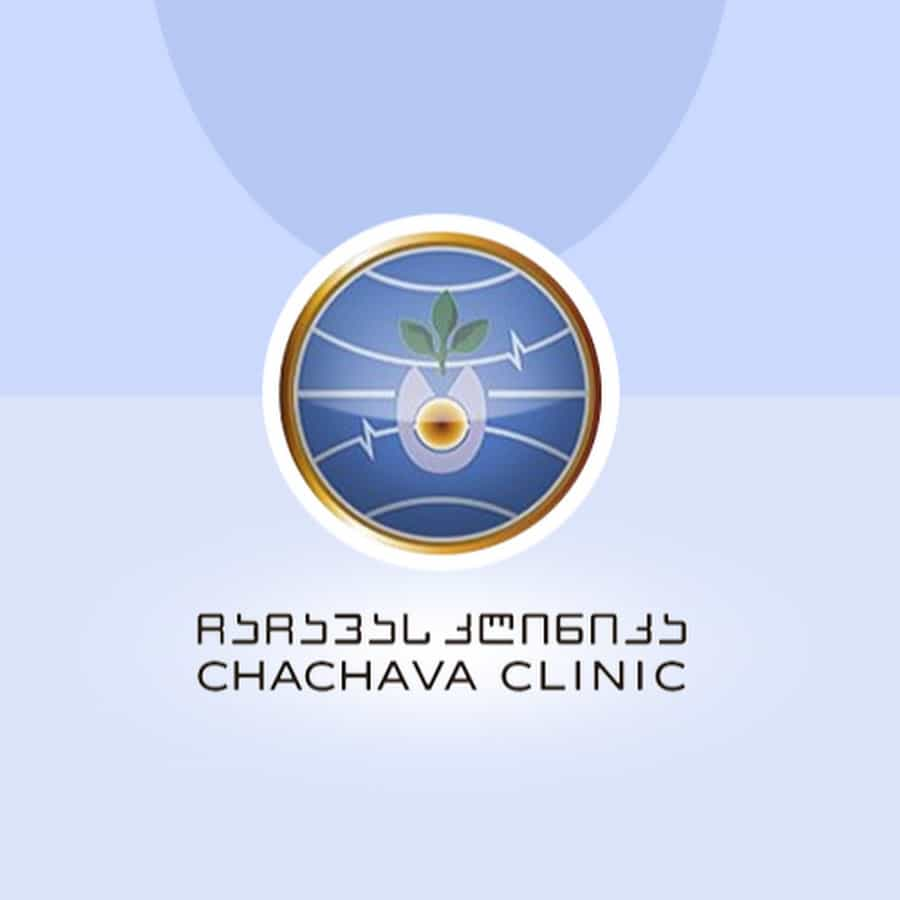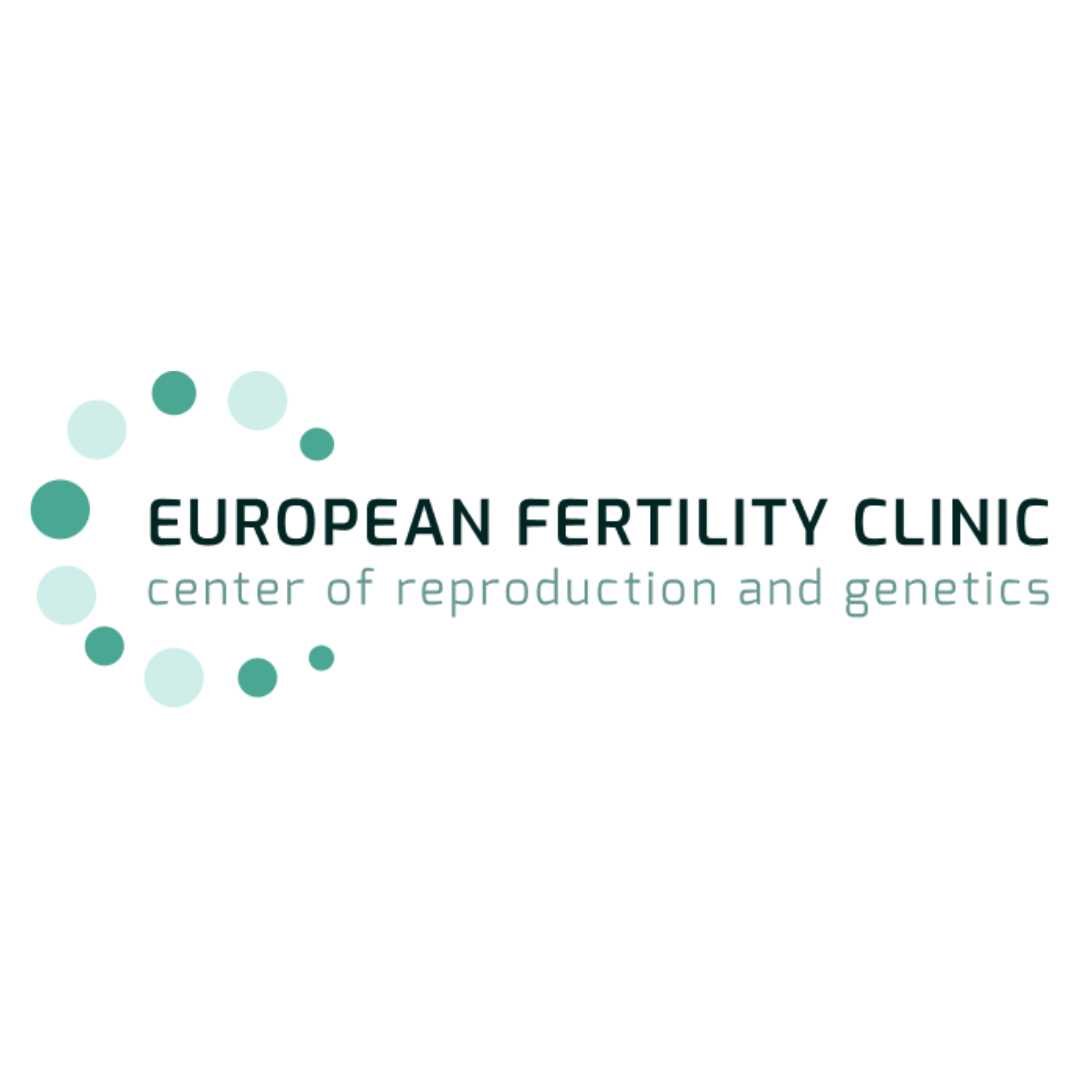Understanding Gender Selection in Georgia: Process and Pricing

For many families, the dream of having a child of a specific gender is a deeply personal one, whether for family balancing or to avoid the inheritance of sex-linked genetic disorders. In Georgia, the country renowned for its advanced medical facilities and relatively accessible fertility treatments, gender selection is often a consideration. This procedure is typically integrated with In Vitro Fertilization (IVF) and Preimplantation Genetic Testing (PGT-A), allowing for the identification of an embryo's gender before implantation. This blog post will delve into the costs, process, and important considerations for gender selection in Georgia.
What is gender selection in the context of IVF?
"Gender selection in the context of IVF refers to the process of identifying the sex of an embryo created via In Vitro Fertilization (IVF) before it is transferred to the uterus, typically through Preimplantation Genetic Testing for Aneuploidy (PGT-A), to select embryos of the desired gender."
This is not a standalone procedure but rather a sophisticated add-on to a standard IVF cycle. After eggs are retrieved and fertilized with sperm in a laboratory setting, the resulting embryos are allowed to grow for several days. At the blastocyst stage (usually day 5 or 6 of development), a few cells are carefully biopsied from each embryo. These cells are then sent for genetic analysis (PGT-A), which screens for chromosomal abnormalities and simultaneously reveals the gender of each embryo. This allows prospective parents, in certain legal and ethical frameworks, to choose which gender embryo to implant.
What is the typical cost of gender selection in Georgia?
"The typical cost of gender selection in Georgia for an IVF cycle that includes Preimplantation Genetic Testing (PGT-A) for sex determination ranges from approximately $10,000 to $15,000 USD."
This price generally encompasses the core IVF procedures, including ovarian stimulation, egg retrieval, fertilization, embryo culture, and the PGT-A analysis. However, it's crucial to understand that this is an estimated range, and the final cost can vary based on several factors. These include the specific clinic chosen, the number of IVF cycles required, the type and dosage of fertility medications, and any additional services or unexpected medical needs that may arise during the process.
What components are included in the cost of gender selection?
"The cost of gender selection in Georgia typically includes the IVF cycle fee, the Preimplantation Genetic Testing (PGT-A) fee (which covers embryo biopsy and genetic analysis), and sometimes initial consultations and basic laboratory work."
A detailed breakdown of what's often included:
- IVF Cycle: This covers the medical procedures involved in In Vitro Fertilization, such as ovarian stimulation monitoring (ultrasounds and blood tests), egg retrieval, sperm preparation, in-vitro fertilization (mixing sperm and eggs), and embryo culture.
- PGT-A (Preimplantation Genetic Testing for Aneuploidy): This is the crucial part for gender selection. It involves the biopsy of embryo cells and their subsequent genetic analysis to identify chromosomal health and gender. The cost often includes testing for a certain number of embryos, with additional fees if more embryos require testing.
- Embryo Transfer: The procedure of transferring the selected embryo(s) into the uterus.
What additional costs should I budget for?
"Beyond the quoted package price for gender selection in Georgia, you should budget for fertility medications, potential embryo freezing and storage fees, travel and accommodation expenses, and any follow-up appointments or unexpected medical needs."
Fertility medications, used for ovarian stimulation, can add a significant amount to the total cost, often ranging from $1,500 to $4,500 per cycle. If multiple healthy embryos are created and not all are transferred, freezing and long-term storage of these embryos will incur separate fees. Given that you'll be traveling to Georgia, budgeting for flights, hotel stays, local transportation, and daily living expenses is essential. Unexpected medical complications or the need for additional diagnostic tests could also lead to extra charges.
Is gender selection legal in Georgia ?
"Gender selection for non-medical, family balancing purposes is generally not permitted under Georgian law. However, gender testing for medical reasons (e.g., to prevent the transmission of sex-linked genetic disorders) is allowed, and the actual enforcement of the family balancing restriction can vary between clinics."
Georgian law prioritizes the prevention of serious genetic diseases. While PGT-A inherently reveals the gender of an embryo, using this information solely for family balancing (selecting a gender purely based on preference) is typically restricted. It is vital for prospective parents to have a direct and open conversation with their chosen clinic in Georgia about their specific intentions and to understand the clinic's interpretation and adherence to local regulations. Always ensure you are fully aware of and comfortable with the legal standing of your procedure.
What are the success rates for IVF with PGT-A in Georgia?
"The success rates for IVF with PGT-A in Georgia are generally high, especially when considering live birth rates per embryo transfer of chromosomally normal embryos, with some clinics reporting pregnancy rates around 60-70% per transfer for women under 35."
While IVF success rates vary significantly based on individual factors like the woman's age, ovarian reserve, and the cause of infertility, PGT-A plays a crucial role in improving outcomes. By transferring only chromosomally normal embryos, PGT-A can reduce the risk of miscarriage and increase the likelihood of a successful, healthy pregnancy. For women over 35, who have a higher incidence of chromosomally abnormal embryos, PGT-A becomes even more beneficial in optimizing success rates. Reputable clinics in Georgia often share their audited success rates, providing transparency for prospective patients.
Why is Georgia a popular destination for fertility treatments?
"Georgia (the country) is a popular destination for fertility treatments due to its comparatively affordable costs, advanced medical technologies, a generally supportive legal framework for many reproductive services (such as surrogacy, under specific conditions), and the presence of experienced fertility specialists."
Patients from around the world are drawn to Georgia for its combination of high-quality medical care and cost-effectiveness. The country has invested in modern fertility clinics equipped with state-of-the-art laboratories and cutting-edge technology. While certain restrictions exist, Georgia's overall legal environment for reproductive services, particularly for heterosexual married couples, is considered more liberal than in many other nations, contributing to its appeal as a medical tourism hub for fertility treatments.
How long does the gender selection process take in Georgia?
"The overall process for gender selection (IVF with PGT-A) in Georgia typically takes several weeks, including the ovarian stimulation phase, egg retrieval, embryo creation, embryo biopsy, genetic testing (which can take 1-2 weeks for results), and finally, the frozen embryo transfer."
Patients typically need to be in Georgia for the initial IVF cycle, which involves daily injections and monitoring for about 10-14 days. After egg retrieval and embryo development, the embryos are biopsied and typically frozen while awaiting PGT-A results. Once results are available and a healthy embryo of the desired gender is identified, a subsequent visit for a frozen embryo transfer (FET) is scheduled. This might mean two separate trips to Georgia, or a longer stay depending on the clinic's protocol and the patient's schedule.
What is the legal stance on surrogacy and egg/sperm donation in Georgia?
"In Georgia, compensated surrogacy is legal for married heterosexual couples who can demonstrate a medical need for it. Egg and sperm donation are also permitted for heterosexual couples, with legal recognition of the intended parents as the legal guardians from the start."
Georgia's laws are quite specific, ensuring the legal rights of intended parents in surrogacy arrangements. The surrogate mother has no legal claim to the child. Egg and sperm donation programs are also well-regulated, allowing intended parents to choose donors based on various criteria. However, it is crucial to note that these services are generally limited to married heterosexual couples with a medical indication for their use.
What should I consider when choosing a clinic for gender selection in Georgia?
"When choosing a clinic for gender selection in Georgia, consider factors such as the clinic's experience and success rates with IVF and PGT-A, the qualifications of the fertility specialists, transparency in pricing, patient testimonials, and their adherence to Georgian legal regulations regarding gender selection."
It's important to research clinics thoroughly. Look for clinics that are transparent about their success rates, have highly qualified and experienced embryologists and reproductive endocrinologists, and clearly outline all costs involved. Read patient reviews and seek references if possible. Crucially, ensure the clinic provides a clear understanding of the legal landscape for gender selection for family balancing versus medical necessity to avoid any misunderstandings.
Can single individuals or same-sex couples undergo gender selection in Georgia?
"Generally, Georgian law primarily supports fertility treatments, including gender selection, for married heterosexual couples. Single individuals and same-sex couples typically face significant legal restrictions for fertility treatments, including IVF and surrogacy, in Georgia."
While some clinics might navigate these restrictions differently, the prevailing legal framework in Georgia is designed to support traditional family structures. Therefore, single individuals and same-sex couples may find it challenging to access gender selection and other advanced fertility treatments in Georgia compared to married heterosexual couples. It's always best to consult directly with a clinic and potentially legal counsel specializing in Georgian reproductive law for the most accurate and up-to-date information.
Ready to explore your family planning options, including gender selection in Georgia? PlacidWay connects you with leading fertility clinics globally, offering comprehensive information and support to help you make informed decisions about your journey to parenthood.


.png)




.png)
.png)








Share this listing